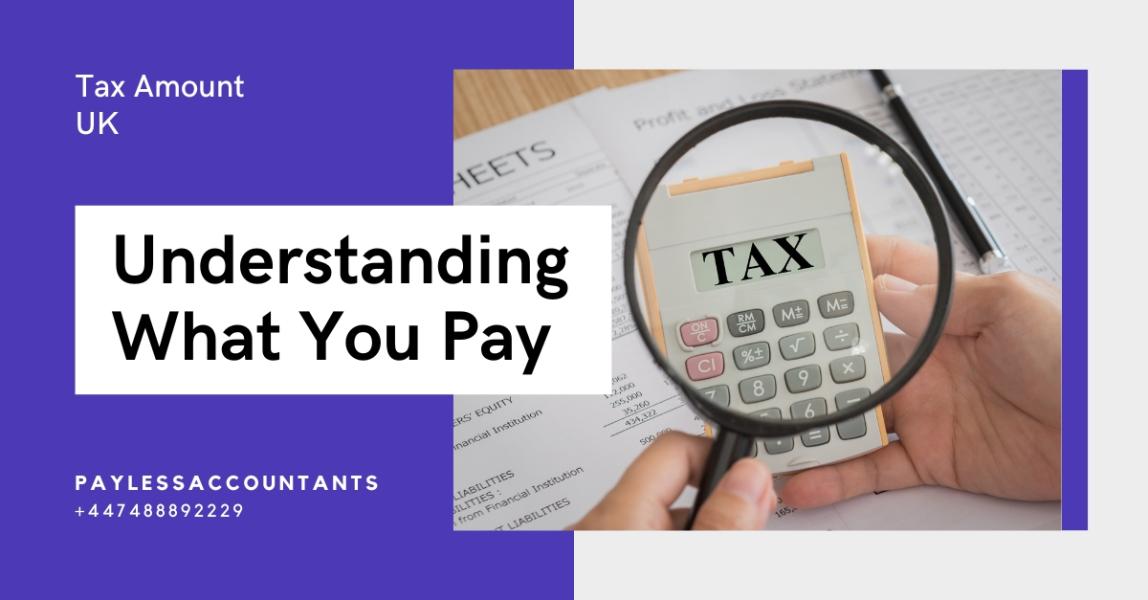Tax Amount UK: Understanding What You Pay
Whether you are an employee, self-employed, or a business owner, taxes contribute to the country’s public services, including healthcare, education, and infrastructure.
1. Types of Taxes in the UK
The UK tax system comprises several different types of taxation. The key ones include:
-
Income Tax: Paid on earnings from employment, self-employment, and other income sources like pensions and savings.
-
National Insurance Contributions (NICs): Paid by employees, employers, and the self-employed to qualify for state benefits and pensions.
-
Value Added Tax (VAT): A tax on goods and services, usually included in the price.
-
Corporation Tax: Paid by businesses on their profits.
-
Capital Gains Tax: Levied on profits from selling assets like property or shares.
-
Council Tax: A local tax on residential properties.
-
Stamp Duty: A tax on property and land purchases above a certain threshold.
2. How Income Tax Works
Income tax is charged based on income brackets. For the 2024/25 tax year, the income tax bands in England, Wales, and Northern Ireland are:
-
Personal Allowance: Up to £12,570 (0% tax)
-
Basic Rate: £12,571 – £50,270 (20%)
-
Higher Rate: £50,271 – £125,140 (40%)
-
Additional Rate: Above £125,140 (45%)
In Scotland, different rates apply due to the devolved tax system.
3. National Insurance Contributions (NICs)
NICs help fund state benefits and pensions. Employees earning above £12,570 per year pay 8% on earnings up to £50,270 and 2% on amounts above that. The self-employed pay Class 2 and Class 4 NICs based on their profits.
4. VAT and Everyday Purchases
VAT is applied to most goods and services at 20%, with reduced rates of 5% and 0% for certain essentials, like energy bills and food items.
5. Tax for Businesses
Corporation Tax is charged on business profits. The current rate is 25% for companies with profits over £250,000, while a small profits rate of 19% applies to profits below £50,000.
6. Ways to Reduce Your Tax Liability
-
Tax-Free Allowances: Make use of personal tax allowances.
-
Pension Contributions: Contributions to a pension scheme reduce taxable income.
-
ISA Accounts: Income from ISAs is tax-free.
-
Business Expenses: Self-employed individuals can deduct allowable expenses.
7. Seeking Professional Advice
Understanding tax rules can be challenging, and mistakes can be costly. Consulting a tax professional can help ensure compliance and optimize tax savings.
Final Thoughts
Taxes are an unavoidable part of life, but knowing how they work can help you manage your finances more effectively. Whether you're an individual taxpayer or a business, staying informed about UK tax laws ensures you pay what you owe while maximizing available reliefs.

